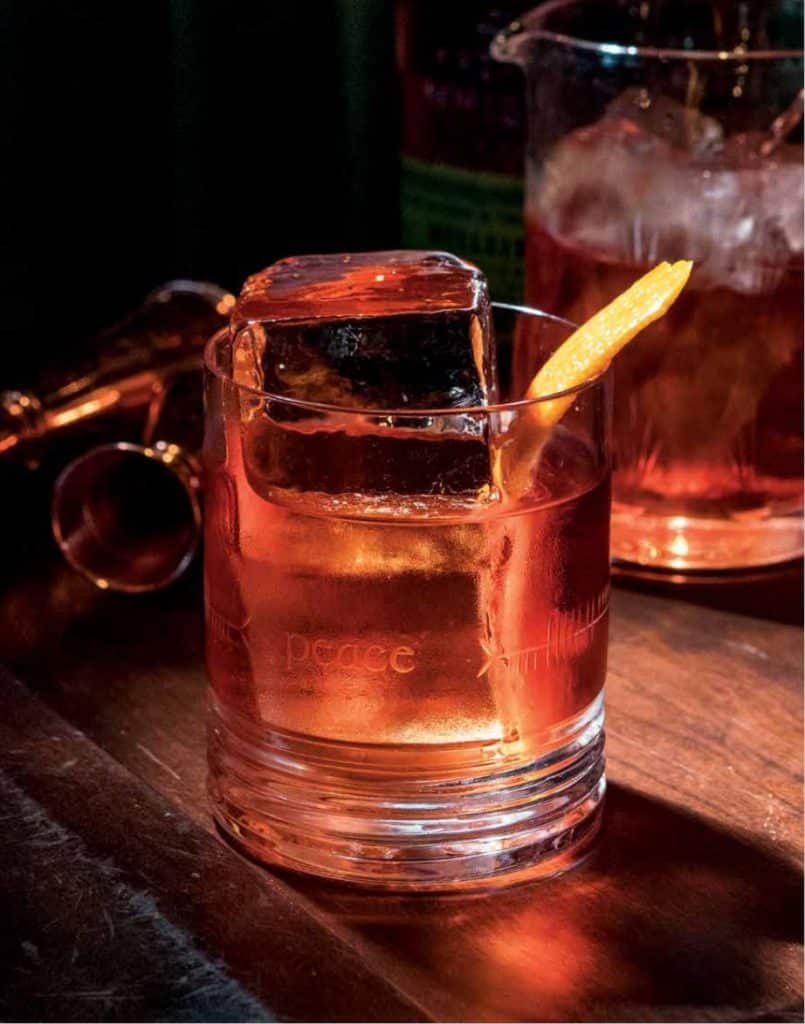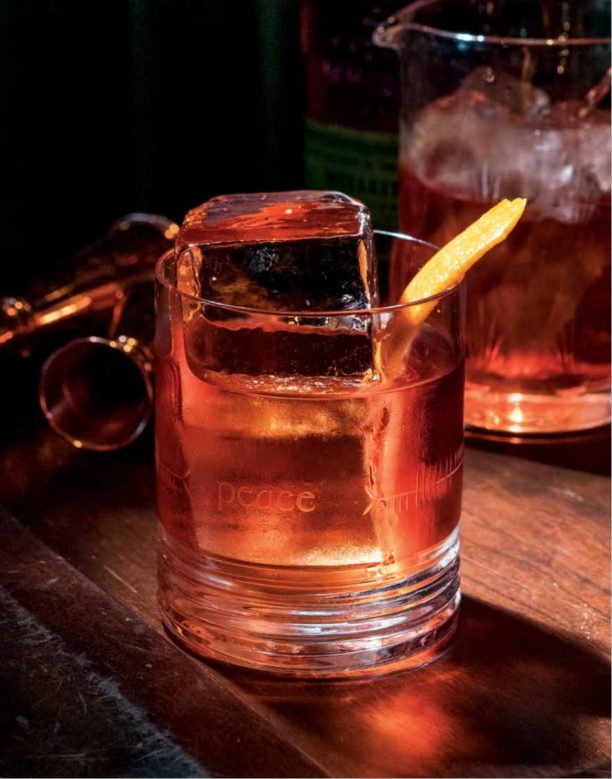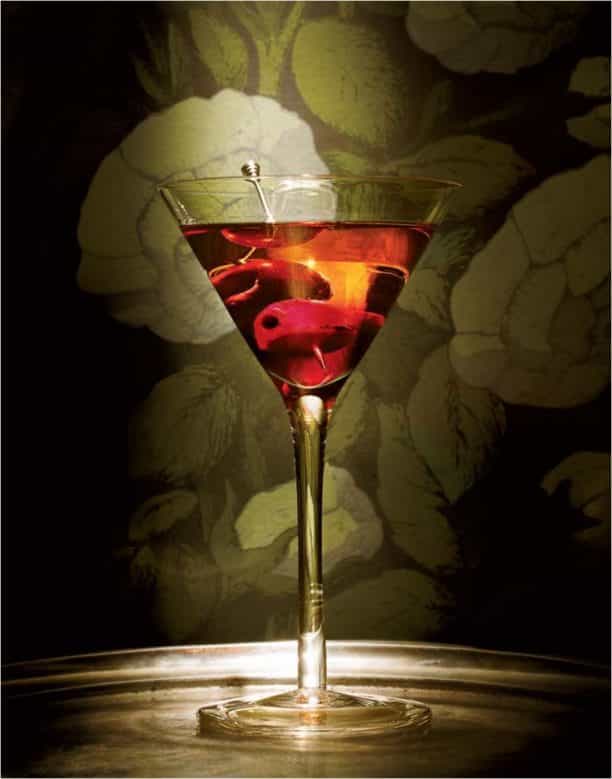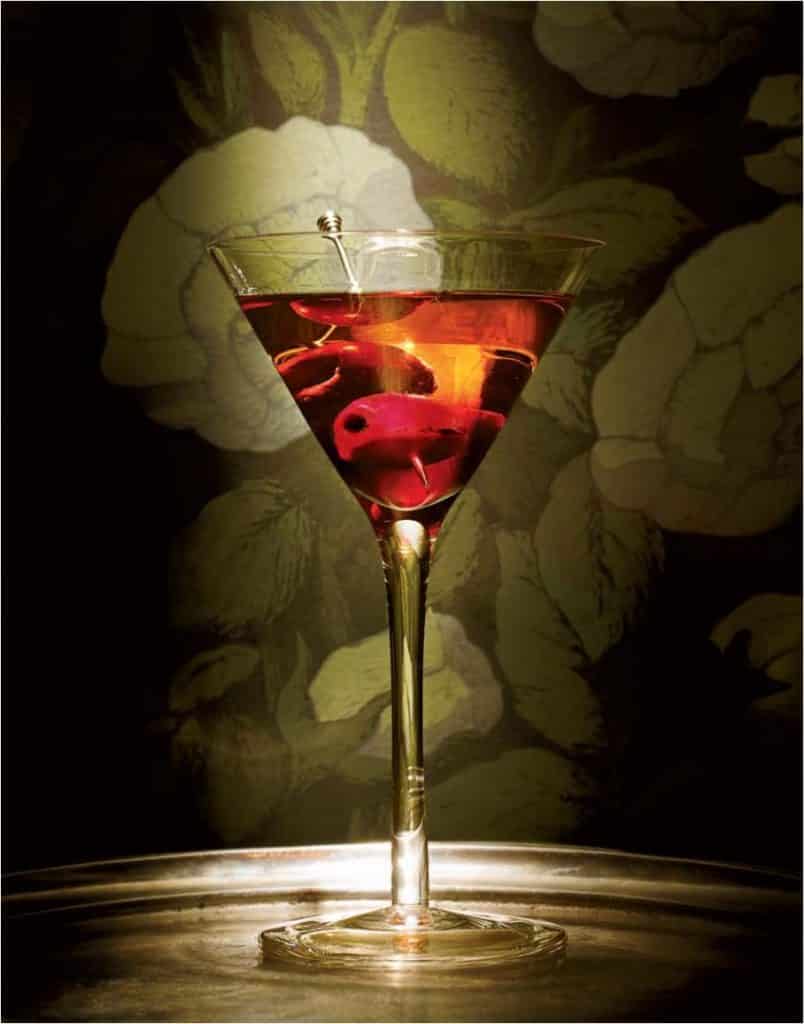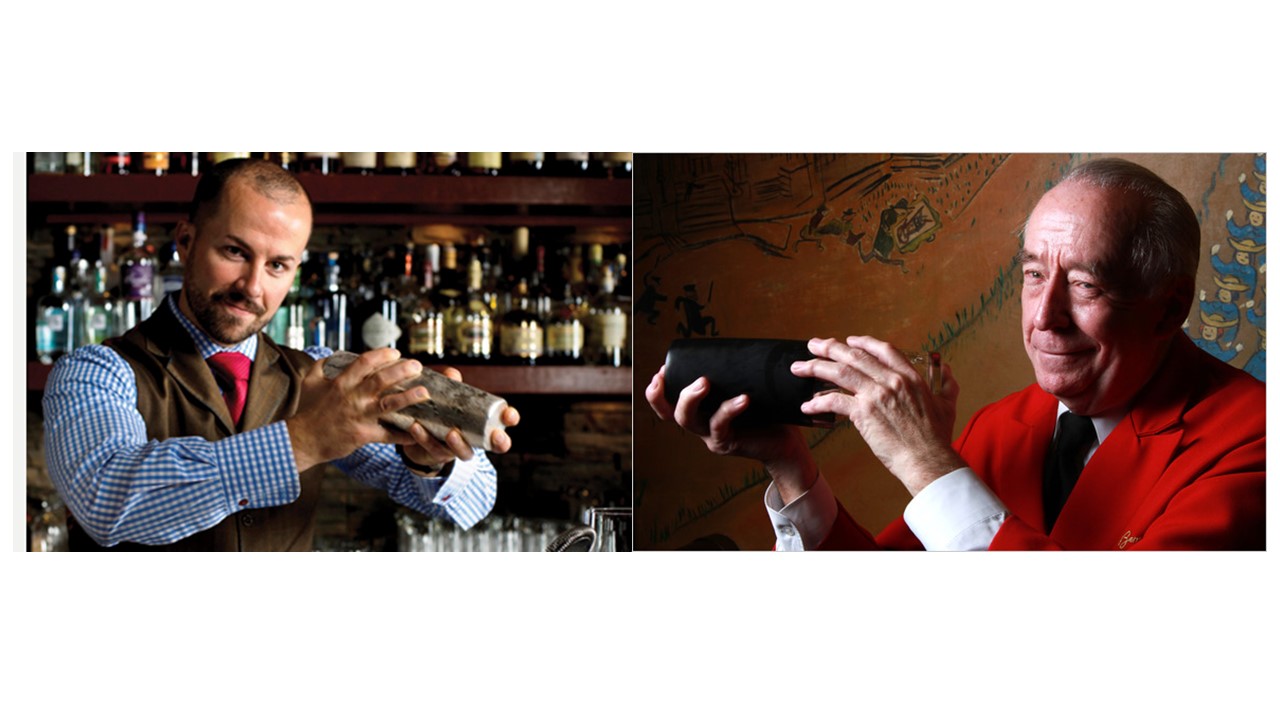For over twenty years as a bartender, my guests would occasionally ask me if I was a “Mixologist”. For twenty years my response was always the same: “No… I am a bartender.” In retrospect it makes me sad that my guests were trying to compliment me and I responded to their kindness with a derisive sneer. That’s because for the first twenty years of my bartending career, I foolishly thought a mixologist was a term that a bartender with a self-inflated ego assigned himself. And in fact, for the seventy years following the end of prohibition (1933-2003) it was!
For me, all that changed in 2004 when I opened Per Se Restaurant in New York City. Chef Thomas Keller preached that a guests experience was always more important than our ego, and that ego had no place in the customer service industry. 2004 was a very important year for bartenders because the word “cocktail” was celebrating its 200th Anniversary. Every food writer was writing about cocktails or Per Se or both. I was simply in the right place at the right time.
Since then, members of the press have called me the professor, a chemist, bar-chef, star-tender (ugh) and of course master mixologist. Until recently a mixologist wasn’t even a proper word. Don’t believe me? Try typing mixologist into your computer and watch the red squiggly line light up underneath. So when reporters would ask me to tell them the difference between a mixologist and a bartender I was, for a time, at a loss. However, over the last decade, I have come to realize that what mixologists do is different than what bartenders do and it deserves its own name. The term Mixologist seems to be the least aggrandizing.
Today when I am asked the difference between the two, my short response is: A mixologist is to a bartender; as a chef is to a cook. Like a bartender, a mixologists keeps their money (and inventory) straight, maintains a clean bar, knows their basic recipes and cultivates a bar clientele by engaging with their guests. A good mixologist should be doing all these things and more…
Like a chef, a mixologist sources out local farm-to-table ingredients, balances the acids and sugars, innovates new recipes, makes their own syrups/tonics/tinctures/infusions from scratch and pays great attention to presentation: from the ice, temperature, garnish, glassware, texture, color and flavor. Additionally, mixologist are delving into spirits education and fully understanding the histories, distillation techniques and flavor profiles of the products they’re working with.
Just like chefs and cooks; there are great bartenders and terrible mixologist. Just because you choose to call yourself a mixologist doesn’t mean that you’re good at your job and it certainly doesn’t mean that you’re better than a bartender. Some of the most famous and beloved bartenders in the world don’t particularly care about mixology. They know what they know and make the classics to perfection.
A mixologist is a title that is earned and bestowed upon you through your actions by your guests or peers. And when it is offered upon you, it is ungracious, in fact obnoxious to correct the people who are simply trying to acknowledge your skill or commitment to the craft.
Btw, it should be mentioned that organizations like the IBA and USBG are currently setting up standardized tests to certify and authenticate officially accredited mixologists. However for now, I define a mixologist as follows-
MIXOLOGIST (noun): a mixologist is a bartender who seeks out fresh ingredients and quality spirits in order to create original, balanced flavor profiles that are aesthetically pleasing the eye and palate.
Today I am a successful beverage consultant who designs original cocktail programs for clients all around the country. I teach bartenders spirits education, mixology training and Michelin three-star customer service standards. Bartending is once again becoming a proud (and lucrative) profession and no longer just a transitional job. It is my great pleasure to promote the image of the professional barman/barwoman. So when I am asked exactly what it is that I do for a living? I am proud to call myself a mixologist… who loves to tend-bar!
